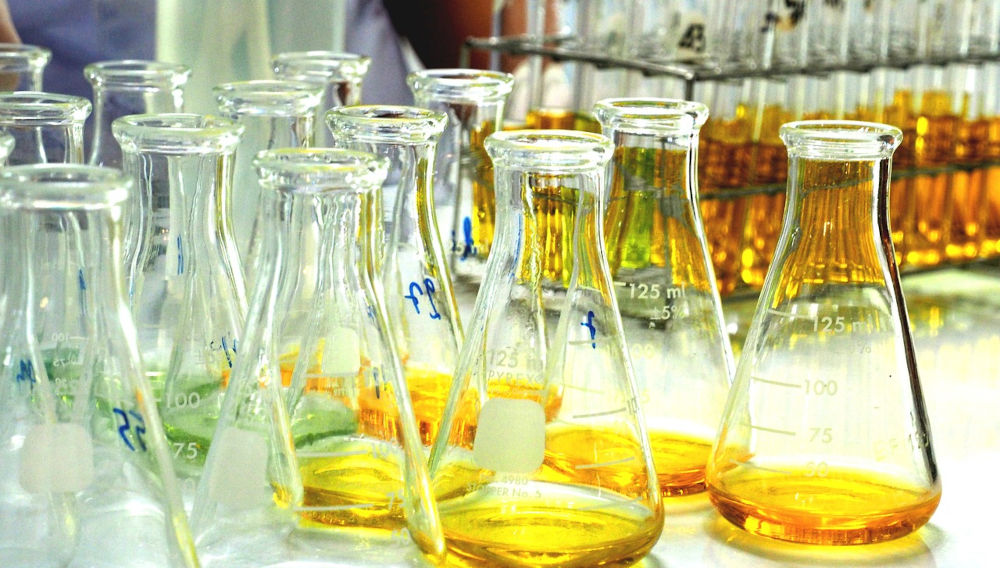Warning issued after fake vodka found in Scotland
United Kingdom | The United Kingdom’s Food Standards Agency (FSA) issued a warning to the public on 5 September, that potentially deadly counterfeit bottles of a popular vodka brand are being circulated throughout the country.
Lab results from fake Loch Lomond’s vodka Glen’s, which were sampled in August 2024, confirmed the presence of an industrial solvent, isopropyl, which could have lethal repercussions if consumed.
More than 40 bottles (350 ml each), commonly known as half bottles, were discovered in Coatbridge and Glasgow. The alarm was raised by a customer who smelt nail varnish from one of the purchased.
Glen’s Vodka dates back to the 1970s, and the Scottish brand refers to itself as the “second best-selling spirit” in the United Kingdom. It is owned by the Loch Lomond Group, whose calling cards are its Scotch whiskies and gins. Loch Lomond hosts a diverse array of scotches with varying price points — including releases that cost as much as USD 5,500, it was reported.
A spokesperson for the Loch Lomond Group said: “Our priority is the health and safety of the public which includes our many thousands of loyal Glen’s customers. We are working hard to support the excellent efforts of Food Standards Scotland and the other authorities involved to address the matter urgently.”
Glen’s was a victim of counterfeiters before. In 2015, hundreds of fake bottles on sale in England and Scotland were seized by enforcement officers. But those were just counterfeit products, not adulterated ones.
There is no information as to who could be behind the racket. Obviously, vodka is more expensive in Scotland than in England because of minimum pricing. A 350 ml botte of Glen’s retails at GBP 9.24 (USD 12.30), compared with a 700 ml bottle at GBP 14.25 (USD 19) at Tesco’s in England. Margins for the counterfeiters must be nice if they use cheaper, albeit poisonous types of alcohol and skip on taxes. Besides, counterfeiting is relatively cheap to enter in terms of capital investment, and it is nothing but rewards.
Reports say that in the UK, cheaper alcohol brands are more vulnerable to counterfeiting than luxury brands. This may partly explain why the popular Australian wine brand Yellow Tail, which retails at around GBP 7.75 (USD 10.30) per bottle, was the target of a huge scam in 2021. It was assumed that the fraud may have been the work of Chinese gangs. Shops, which stocked the fake wine, were at risk to lose their licence.
A wider problem
Counterfeit booze is an issue across Europe too. In July, investigators from the European Anti-Fraud Office (OLAF) helped to break up a smuggling network involving premium vodka and whisky that spanned several continents
Information provided by OLAF resulted in the inspection of dozens of suspicious containers and the seizure of almost 400 000 bottles, with an estimated value of EUR 14 million (USD 15.4 million).
The scheme involved transhipping counterfeit spirits via the Caucasus region (which includes Russia, Georgia, Armenia and Azerbaijan) to several ports within the European Union. Counterfeiters often use transhipment points to conceal the true origin of the illicit goods.
The spirits were packaged and labelled to look like premium brands, which would have made it difficult for consumers and retailers to distinguish them from genuine products. The final destination of fake spirits was the EU market, but the scheme and production process covered several countries outside the European Union.
Keywords
United Kingdom international beverage industry counterfeits vodka
Authors
Ina Verstl
Source
BRAUWELT International 2024

